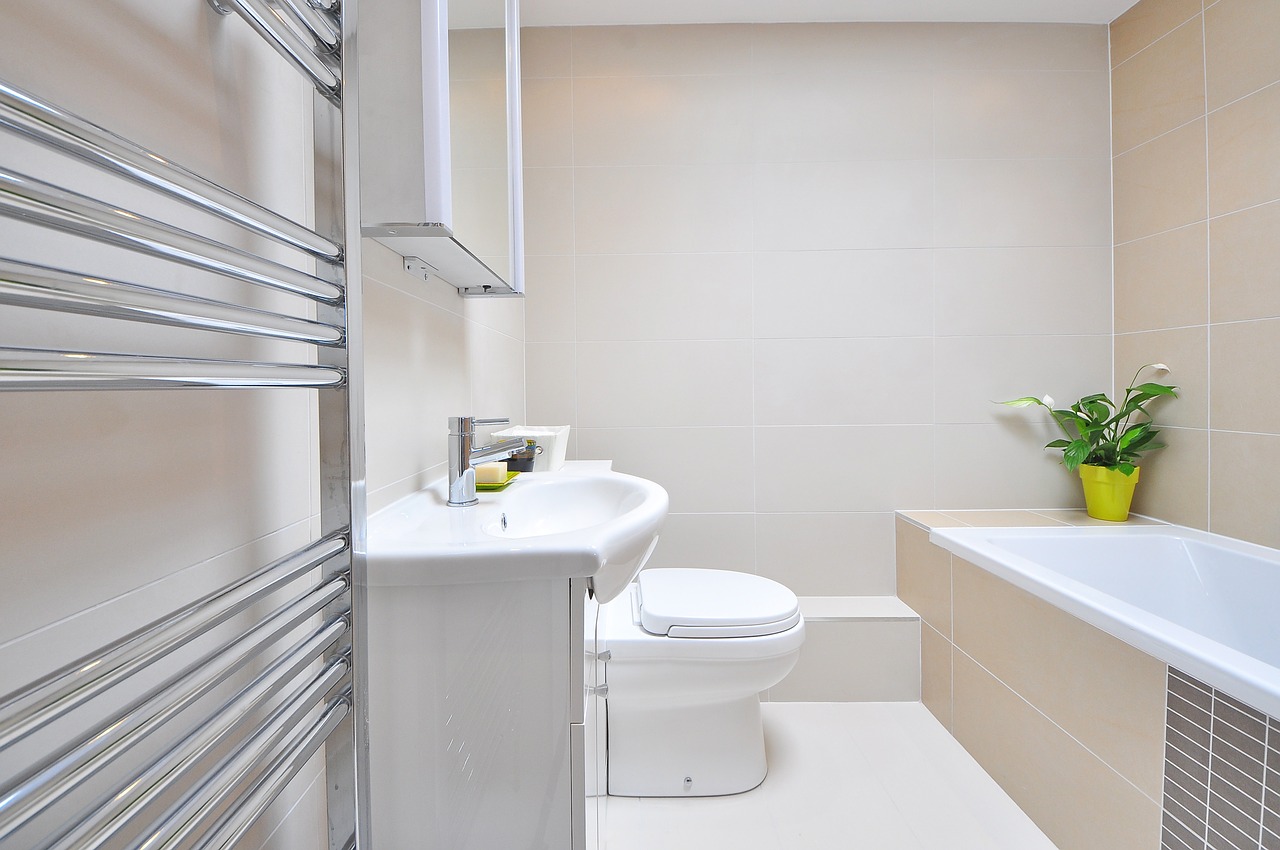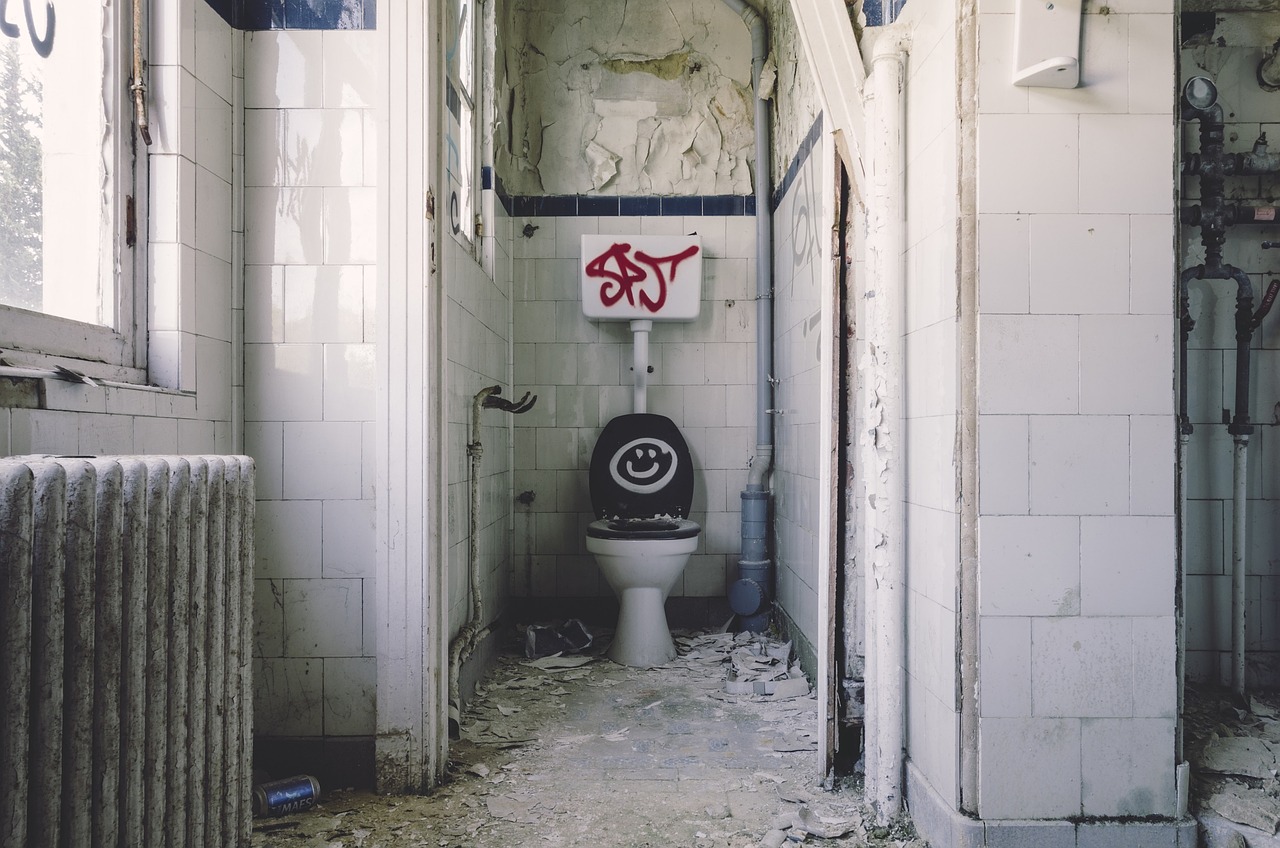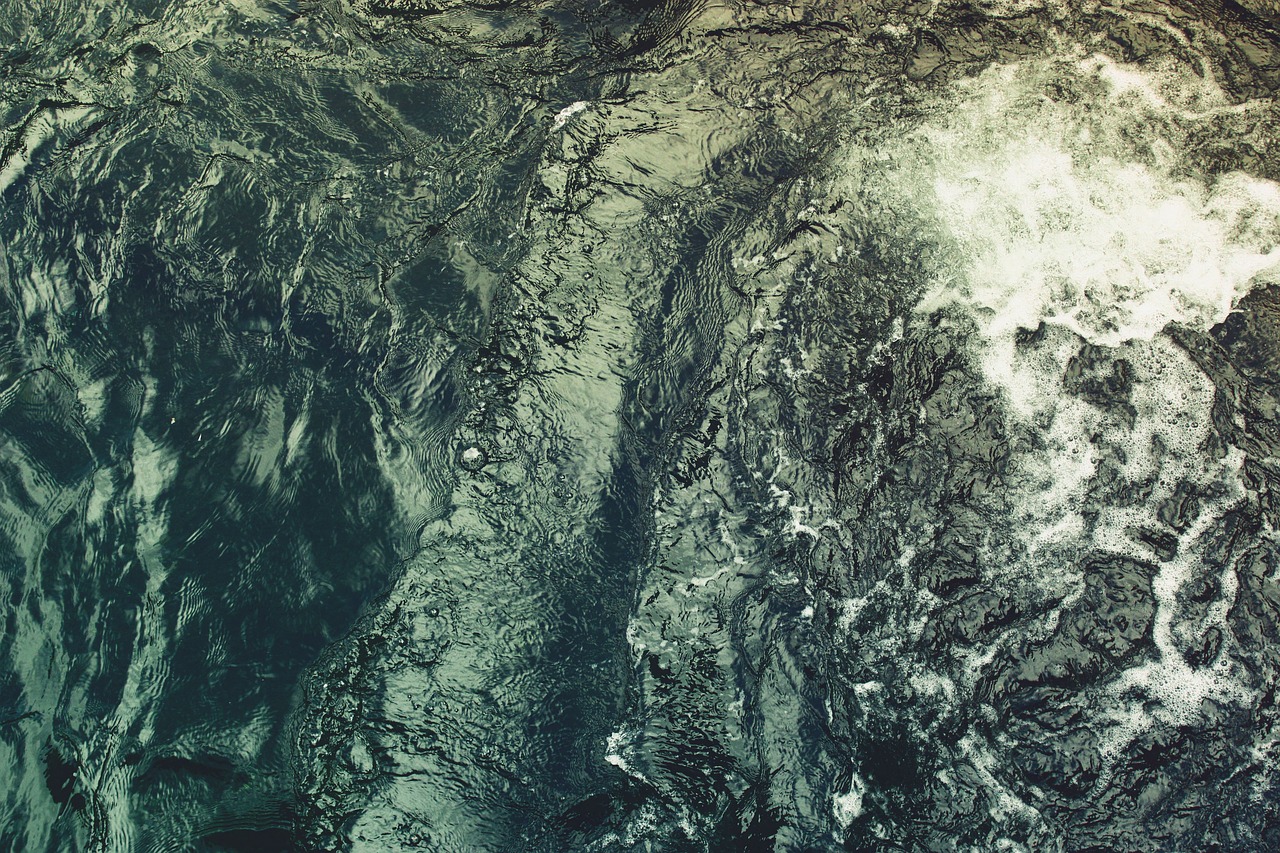Blog
Toilet is not a bin! Here is a list of items you should put in your bin instead
By flushing unwanted waste in a toilet or washbasin, you can cause not only pipe leakage and subsequent flooding of the household. What you should NOT flush down your toilet?

Flushing anything but human waste can not only clog your plumbing but also flood your flat. Such irresponsible acting leads to higher water tariffs, reproduction and breeding of rats, but most importantly, to environmental pollution. Here is a list of items you should not flush down your toilet:
1. Wet wipes, personal care products and nappies
In 2014, European Federation of National Associations of Water and Waste Water Services (EurEau) published a report called “Toilets are not bins”. In this report, EurEau pointed out annual damages caused by flushed wet wipes.
It was found that plumbers from 27 EU countries had to deal with damages of over €1 billion caused by flushed wet wipes. For people tend to flush them down the toilet, they often clog the sewer which subsequently bursts and floods the streets.
Besides, along with other water-insoluble personal care products, wet wipes often end up in seas and rivers, causing huge damage to the environment.
This applies not only to wet wipes but also to pads, tampons, nappies, used condoms and other sanitary products.

2. Food and kitchen waste
Many people still think that flushing down foods is nothing unusual and toilet can be used as a food disposal. Well, it’s just the opposite.
Food can not only clog the sewers but also supports reproduction and breeding of rats nearby households. If you flush your food on regular basis, a starved rat could get to your toilet through the sewer connection.
In addition, settlement of food residues in the sewer connection may block the pipeline. Settled residues then start to rot and as a result, they transform into smelly, explosive gas which can penetrate your household.
Kitchen waste is not wastewater! So next time, please pack your leftovers and throw them into your bin.
3. Fats and oils
Cooking oil and fats have also nothing to do in the sewers. Flushed oils or fats can harden in the plumbing and plug the sewers. I suppose the results are clear.
4. Medication, chemicals and petroleum products
Toilet is also not an instrument for medication disposal. If you don’t use your medication, do not put them in the bin either, but rather take them to the pharmacy or hospital. Leave the disposal to the professionals.
Solvents, dyes, glues, motor oils, petrol or other chemicals do not belong in sewers or bins neither. They can trigger an unwished chemical reaction and produce hazardous gases which can further damage the sewer and disturb the biochemical water treatment process itself.
Municipal wastewater treatment plants are based on mechanical-biological processes, i.e. they use various microorganisms to remove pollutants from wastewater.
These microorganisms are highly sensitive to abovementioned chemicals. In contact with chemicals, microorganisms lose their cleaning ability and gradually die. If the wastewater treatment plants undergo such deterioration, poorly treated wastewater and chemicals are released directly to the environment.
If you care about the protection of our planet and all of its living creatures, please do not flush your medication or chemicals down the toilet.

5. Insoluble materials (textiles, plastics, cigarette butts, wood etc.)
Even this could be considered an elementary knowledge, it must be often reminded of. Products made of plastic and wood, cigarette butts, clothes, tins or other metals make no exception and also end up in the sewers. It is obvious that such materials could block the pipeline and cause serious accidents.
Frequent cleaning of the sewers and elimination of the consequences often results in increased water tariffs. Even if you don’t care for your environment (we believe you do), at least care for your money.
6. Animal faeces
Surprise, surprise, your pet’s faeces should not be flushed in the toilet too, as they could reduce the flow rate in the pipeline and damage vacuum valves.
You should use normal waste bin for animal waste disposal or, if you have a garden, they can be composted as well.
More articles
Singapore scientists intend to treat wastewater using electricity. What is their vision?
Discovery from the National University of Singapore can solve the problem of eliminating dangerous elements in wastewater coming from the...
